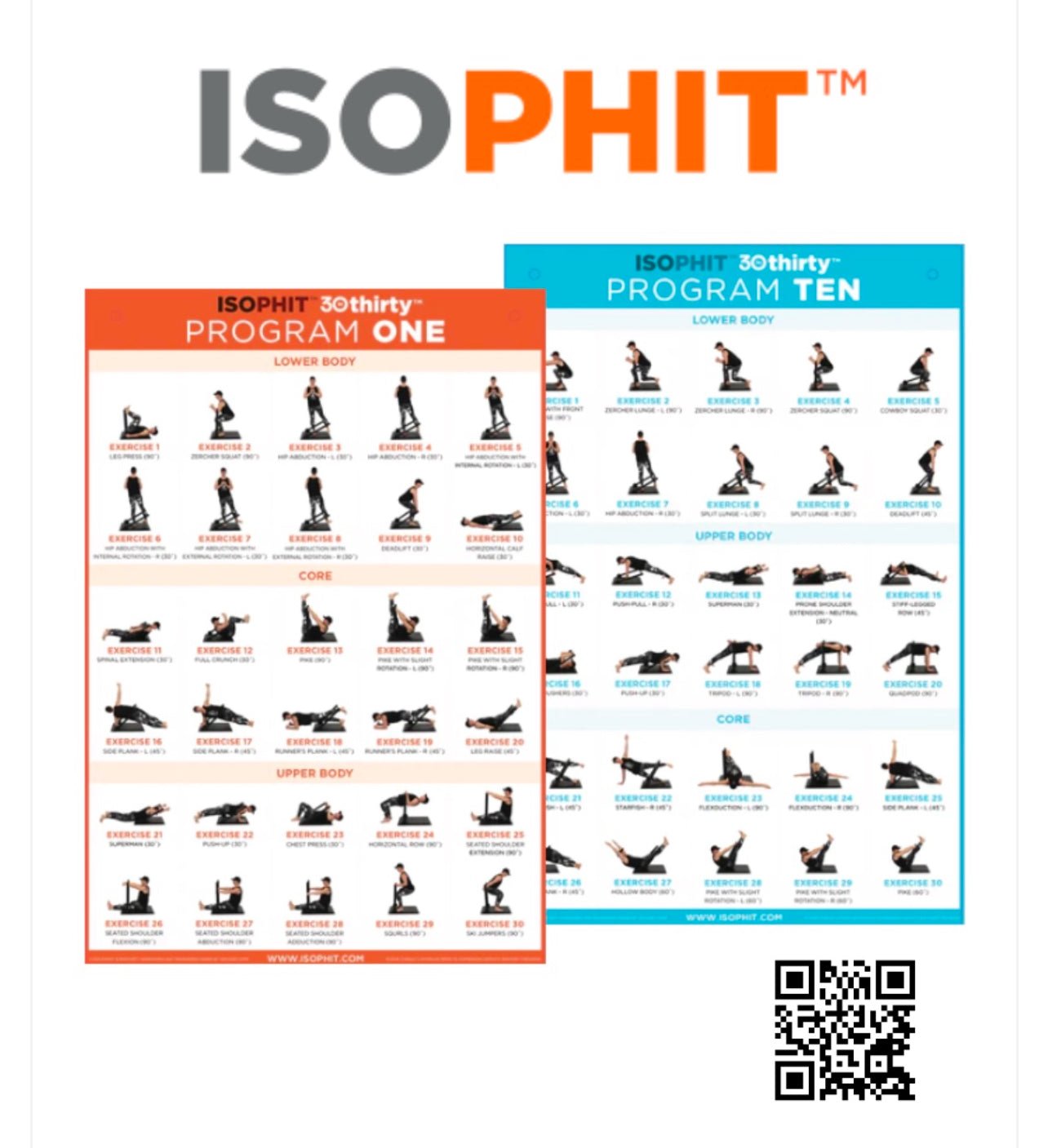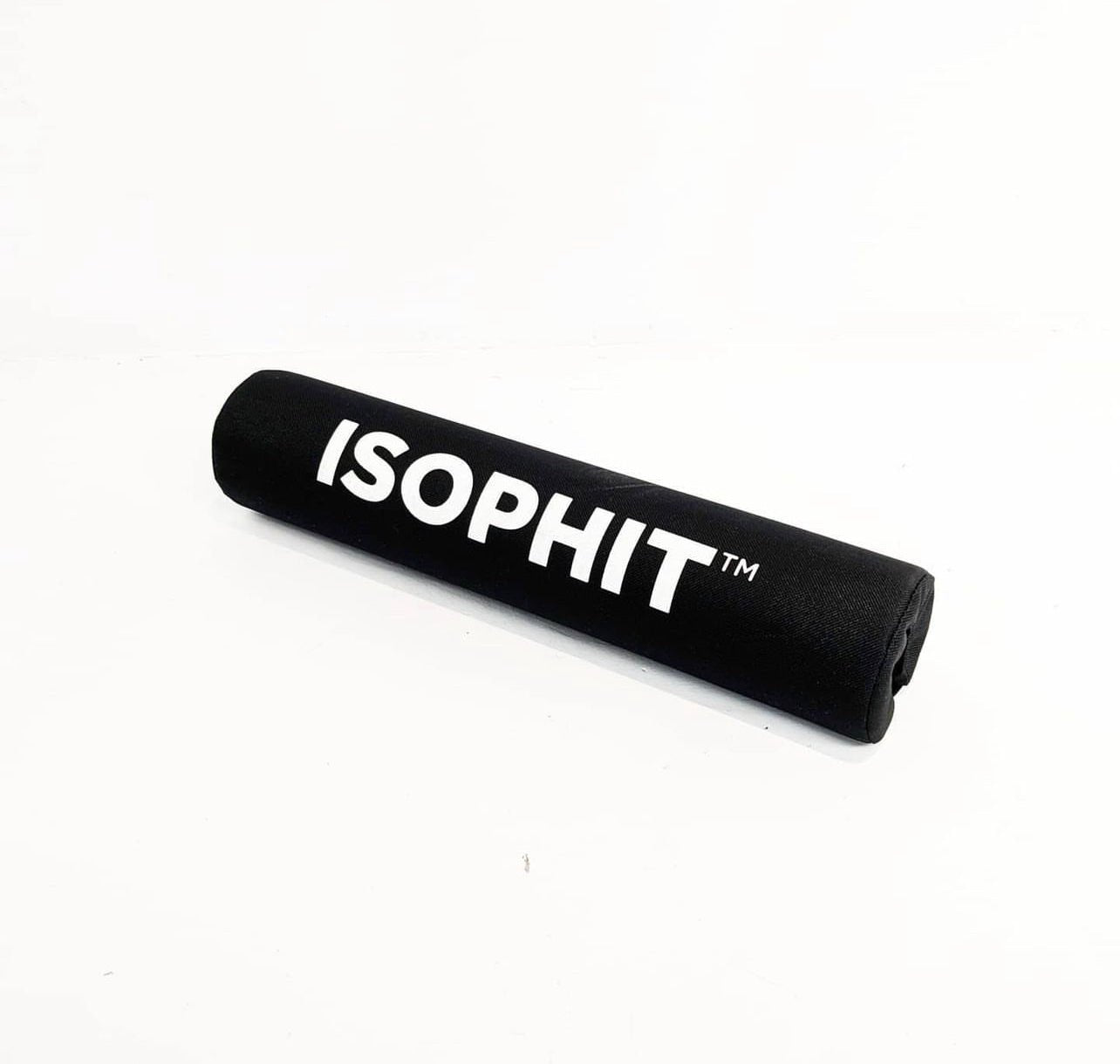Alzheimer's Disease is the most common type of dementia among the elderly population. It is a progressive neurodegenerative disorder resulting in significant cortical atrophy in the brain, impacting learning, memory, attention, motivation, executive function, motor function, and overall cognition. Mild cognitive impairment, which often precedes Alzheimer's Disease, sees about 10% to 15% of patients eventually receiving a diagnosis of Alzheimer's Disease.
Read more: 2023 Alzheimer’s Facts and Figures
People with a history of vascular risk factors, such as hypertension, atherosclerosis, hyperlipidemia, and cerebrovascular disease are considered high-risk candidates for developing cognitive impairment in their later life. Unmanaged vascular risk factors can lead to vascular injuries, contributing to the progression from mild cognitive impairment to Alzheimer's Disease and exacerbating the severity of dementia. Additionally, neuroimaging studies suggest that the neurodegenerative processes in Alzheimer's Disease are majorly driven by vascular risk factors that lead to cerebral hypoperfusion, a decrease in blood flow to the brain.
In the past two decades, vascular hypotheses of Alzheimer's Disease have gained significant attention. These hypotheses focus on a non-amyloidogenic pathway of Alzheimer's Disease, a pathway driven by vascular risk factors that might ultimately result in cerebral hypoperfusion, leading to neuronal dysfunction, cognitive decline, and eventually Alzheimer's Disease.
Exercise, specifically isometric exercise training, has been highlighted as an effective intervention for managing vascular risk factors, showing promising results in blood pressure regulation, chronic low-grade inflammation, and cognitive improvements. The study by Nicole C. L. Hess and Neil A. Smart suggests that isometric exercise training could enhance vascular integrity and reduce blood pressure in hypertensive patients more effectively than dynamic aerobic and resistance exercises. Moreover, it could help manage vascular risk factors at the mild cognitive impairment stage of Alzheimer's Disease.
Read the Study: Isometric Exercise Training for Managing Vascular Risk Factors in Mild Cognitive Impairment and Alzheimer’s Disease
The reactive hyperemia, a condition characterized by an increase in blood flow, stimulated by isometric exercise training may trigger a series of vascular, neurotrophic, and neuro-endocrine events that lead to improvements in cognitive function. As a result, isometric exercise training could be a significant strategy in preventing, attenuating, or delaying the progression to Alzheimer's Disease.
While exercise, especially aerobic, has long been recommended as a therapeutic intervention for hypertension, mild cognitive impairment, and Alzheimer's Disease, the role of isometric exercise training in improving cognitive performance has not been thoroughly explored. However, emerging evidence supports the potential of isometric exercise training to significantly reduce resting systolic and diastolic blood pressures in both hypertensive and normotensive individuals.
While the physiological mechanisms elicited by isometric exercise training are not entirely understood and are still being investigated, there is a strong suggestion that due to increased blood flow from repeated bouts of ischemia, isometric exercise training could stimulate angiogenesis and neuro-endocrine function. As such, it has the potential to improve cognitive performance in addition to its anti-hypertensive effects. This strategy could prove instrumental in managing vascular risk factors and in preventing or slowing the progression from mild cognitive impairment to Alzheimer's Disease.
For more information on isometric strength training and its significant impact on functional health and performance, visit our website at www.Isophit.com or reach out to me at brad@isophit.com.
Yours in Isometric Strength,
Brad Thorpe
CEO / Inventor
Isophit










Share:
Isophit: Twenty Reps Per Week for 12 Weeks Increased Muscle Strength and Metabolism.
Isophit: Understanding the Causes and Exploring Potential Solutions for Microhip Instability